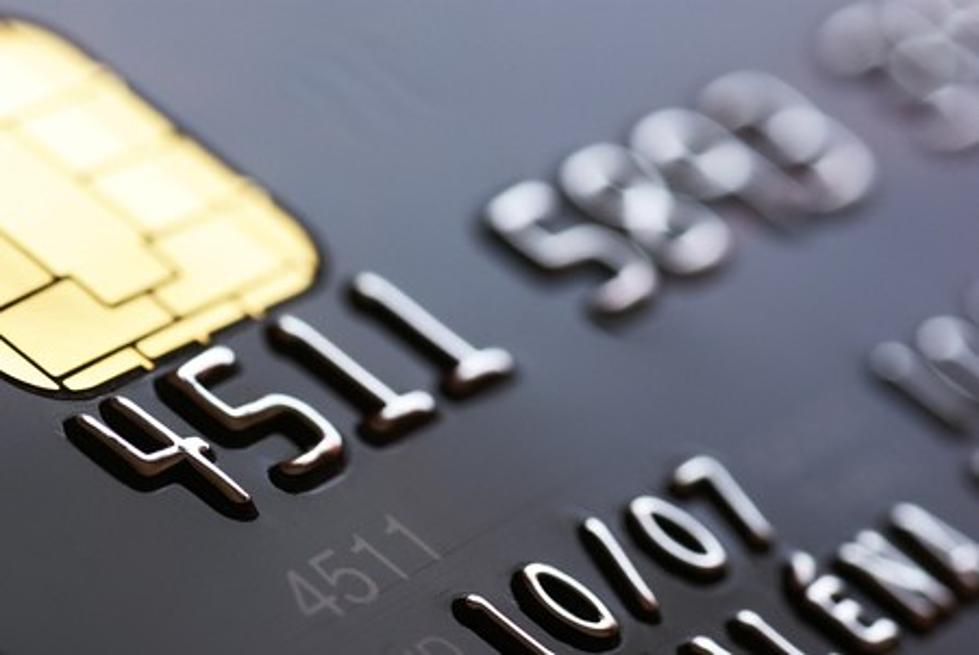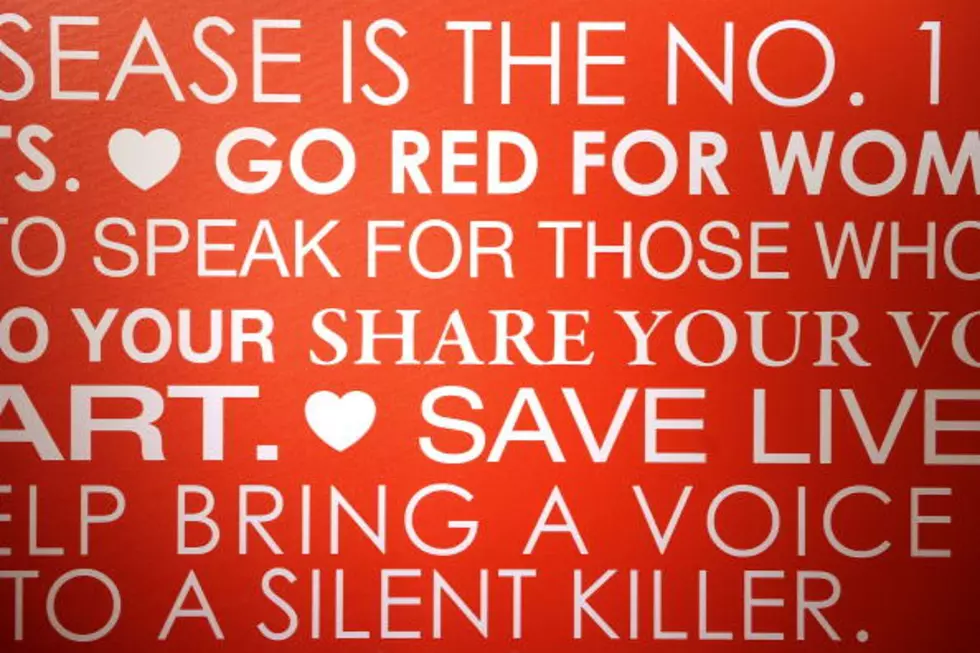
Consumers Scale Back Credit Card Use
Americans cut back on credit card use in June, further evidence that high unemployment and slow growth has made consumers more cautious about spending.
Overall consumer borrowing rose because of increases in auto and student loans. The Federal Reserve says total borrowing increased 3 percent to $2.58 trillion in June from May. That's just below the all-time high reached in July 2008.
Credit card debt fell 5 percent to $864.6 billion. That's only 1.6 percent above the post-recession low reached in April 2011. Americans have been relying less on credit cards since the 2008 financial crisis and Great Recession.
A category of borrowing that includes auto and student loans increased 7 percent to $1.71 trillion.
Steady gains in student loans have pushed borrowing back to near-record levels. Total student loan debt has jumped 54 percent since mid-2008 to $902 billion as of March this year, according to the Federal Reserve Bank of New York.
The increase partly reflects high unemployment, which has led many Americans to seek better education and skills in a more competitive labor market.
A Commerce Department report last week showed that consumers are still frugal. They spent no more in June than they did in May, while their incomes rose at the fastest pace in three months. The flat pace of spending was likely because hiring has been weak and confidence low. Employers added 163,000 jobs in July, the most in five months. But hiring for most of this year hasn't been enough to lower the unemployment rate. The rate ticked up to 8.3 percent in July from 8.2 percent in June.
Consumer confidence increased in July for the first time in five months, the Conference Board said. But it remains well below healthy levels.
The economy is growing too slowly to boost confidence or hiring. It expanded at a 1.5 percent annual pace in the April-June quarter, down from 1.9 percent in the first quarter and 4.1 percent in the final three months of last year.
Unless job growth picks up, consumer spending could weaken more and drag down economic growth further.
The Federal Reserve's borrowing report covers auto loans, student loans and credit cards. It excludes mortgages, home equity loans and other loans tied to real estate.
(Copyright 2012 by The Associated Press. All Rights Reserved.)
More From New Jersey 101.5 FM









